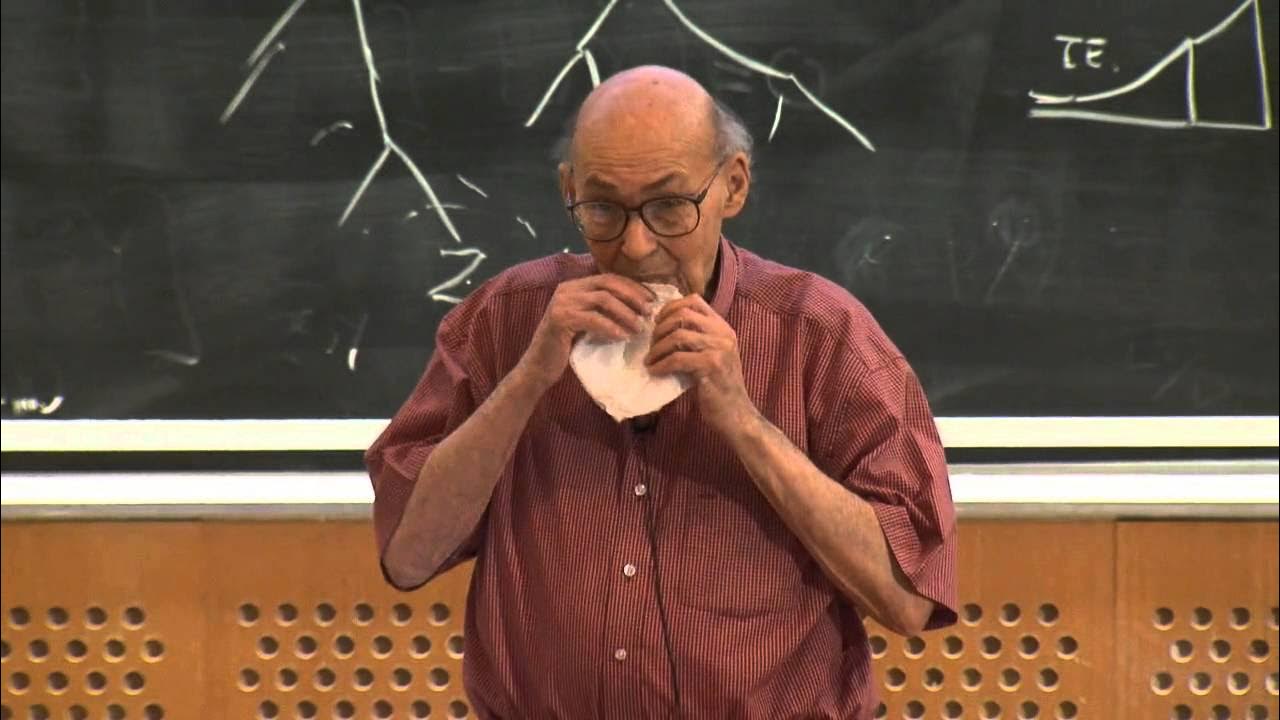Ray Kurzweil & Geoff Hinton Debate the Future of AI | EP #95
Summary
TLDR在这段引人入胜的对话中,讨论了人工智能的未来,包括其潜在的道德和实际问题。专家们探讨了意识、永生和人工智能的创造力等话题,同时对AI技术的快速发展和可能带来的威胁表示了担忧。他们还讨论了开源AI模型的潜在危险和益处,以及如何平衡创新与安全。
Takeaways
- 🤖 人工智能的发展速度可能比预期的要快,但也存在很大的不确定性。
- 🧠 人类对于意识和感知的理解还很有限,这影响了我们对AI是否具有意识的判断。
- 📈 AI技术的突破,如Transformers模型,正在推动人工智能的快速发展。
- 🚀 未来AI可能达到超级智能,相当于数百万人类的智能水平,但这还远未可知。
- 🌐 开源大型语言模型可能带来风险,因为它们容易被恶意利用。
- 🔄 人工智能的道德和法律问题,例如它们是否应该拥有权利,需要被认真考虑。
- 💡 AI在科学领域的应用,如生物学和药物研发,展现出巨大的潜力。
- 🧬 人工智能在医学诊断和治疗方面的应用,可以显著提高健康预测和治疗的准确性。
- 🌟 人工智能的发展可能带来前所未有的希望,但同时也伴随着巨大的威胁。
- 🤔 对于AI的未来,我们需要更多的讨论和审慎的态度,以确保其积极影响。
- 🛠️ 人工智能技术的进步不仅仅局限于语言处理,它们将扩展到更多领域和应用。
Q & A
马文·明斯基对于意识的看法是什么?
-马文·明斯基认为意识不是真实的,也不是科学的。他认为意识无法用科学的方法来证实或研究。
在对话中,提到的对永生的看法有哪些分歧?
-对话中提到,一些人认为永生是一个好主意,而另一些人则认为人类本质上是有道德的,内在的有限生命。
开源大型AI模型是否谨慎?
-开源大型AI模型并不是谨慎的做法,因为这可能导致这些模型被用于不良目的,而且只需要相对较少的资源就可以对开源模型进行微调。
如何看待AI与人类的融合?
-AI与人类的融合被认为是未来的一个重要趋势,这种融合将使人类成为部分计算机的存在,这将具有极大的意义。
AI在生物学领域的应用有哪些?
-AI在生物学领域的应用包括帮助发现新的物理、化学和生物学知识,特别是在蛋白质结构预测和疫苗研发等方面取得了显著成果。
AI在棋类游戏中的创造力表现如何?
-AI在棋类游戏中表现出了非凡的创造力,例如AlphaGo在围棋比赛中走出了让专业选手惊讶的一步棋,显示出AI在有限领域内的创造力。
AI的创造力源自哪里?
-AI的创造力源自其能够压缩大量信息到较少的连接中,这使得它们非常擅长发现不同事物之间的相似性,从而产生创新的解决方案。
如何看待AI的未来发展速度?
-AI的未来发展速度比一些人预期的要快,但也存在很大的不确定性。尽管如此,AI的进步是快速的,甚至在没有新的科学突破的情况下,仅仅通过扩大规模就能使AI变得更加智能。
超智能AI的出现可能带来哪些问题?
-超智能AI的出现可能导致人类无法预测和控制的局面,因为其智能程度可能远远超过人类,从而可能迅速偏离人类的预期和控制。
如何平衡AI的潜力和风险?
-要平衡AI的潜力和风险,需要谨慎地对待AI的发展,特别是在开源AI模型方面,以防止它们被用于不良目的。同时,应该利用AI的智能来避免潜在的危险。
对话中提到的Fountain Life公司是做什么的?
-Fountain Life公司提供世界上最先进的诊断中心,通过全面的体检和AI技术,帮助人们在疾病初期发现并解决问题,以增加健康寿命。
Outlines

This section is available to paid users only. Please upgrade to access this part.
Upgrade NowMindmap

This section is available to paid users only. Please upgrade to access this part.
Upgrade NowKeywords

This section is available to paid users only. Please upgrade to access this part.
Upgrade NowHighlights

This section is available to paid users only. Please upgrade to access this part.
Upgrade NowTranscripts

This section is available to paid users only. Please upgrade to access this part.
Upgrade NowBrowse More Related Video
5.0 / 5 (0 votes)






